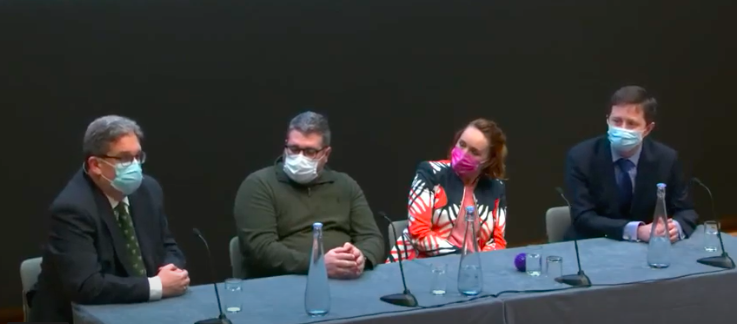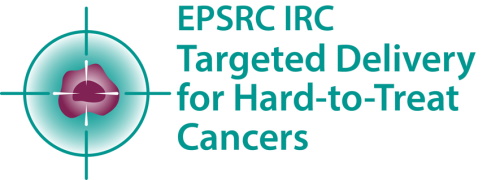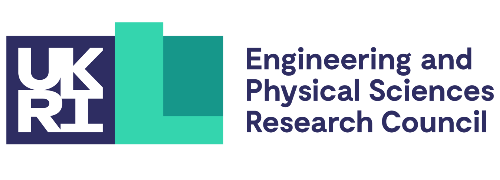
Submitted by L. Millard on Fri, 18/02/2022 - 15:44
Four members of the IRC presented their work and research in a panel event that featured a simulated operation on a model brain to demonstrate the challenges faced by surgeons when attempting to fully remove glioblastoma.
The recording of the event is now available to watch on the IRC YouTube channel. Hosted by the Director of the Intellectual Forum at Jesus College, Cambridge, Dr Julian Huppert, the online and in-person event discussed ‘What to do about difficult cancers?’ and opened with a screening of a short explainer animation. The animation introduced the collaborative approach of the IRC that brings together clinicians, scientists and engineers to develop technologies that target three hard-to-treat cancers – glioblastoma, pancreatic cancer and mesothelioma.
From a clinician’s point of view we have seen no improvement in our outcomes for these patients and no new treatments for the last 15 years – and there is nothing on the horizon. Mr Stephen Price, Hon. Consultant Neurosurgeon at the University of Cambridge and member of the IRC
The panel comprised Mr Stephen Price, Hon. Consultant Neurosurgeon at the University of Cambridge, who shared his experience as a neurosurgeon. Assisted by a member of the audience, Mr Price introduced and explained a simulated operation on a model brain and tumour made of industrial jelly and marshmallow to demonstrate the difficulty of fully removing glioblastoma. In cutting out the larger section of the tumour, part of the brain also had to be removed, potentially causing damage to the patient. Also, fragments of the tumour remained in the brain cavity. Mr Price said: “You can see there are still pieces of residual tumour there in the edges and that is where we need to find ways of getting treatment directly to the cavity if we can.” Setting out the problem of recurring tumours and the current treatment landscape, he said: “From a clinician’s point of view we have seen no improvement in our outcomes for these patients and no new treatments for the last 15 years – and there is nothing on the horizon.”
Prof Oren Scherman, Professor of Supramolecular and Polymer Chemistry at the University of Cambridge, spoke about his work developing supramolecular hydrogels that can be loaded with drugs to target the post-operative resection cavity of the brain. “My interest in hard-to-treat cancers, and in particular brain cancer, is how to make depots of drugs that can be delivered locally, directly to the spots in the brain following surgery on the tumours. We aren’t able to cut out every single cell – and that is why recurrence occurs. We hope we can make materials allowing drug cocktails or single anti-cancer agents to diffuse out of the hydrogel depot into the directly adjacent tissue and not much further, so it doesn’t have the same problems of systemic delivery.”
Dr Ljiljana Fruk, Associate Professor in BioNano Engineering at the University of Cambridge, where she develops biopolymer nanoparticles for targeted drug delivery, explained her work as part of the IRC team: “We work on the formulation of the drugs and are trying to design nanoscale vehicles that are much smaller than the cell they need to target. We want to envelop the drugs within these vehicles which can also be decorated with a particular molecule that can help penetrate some of the biological barriers to get into the tumour tissue.”
Dr Ronan Daly, Associate Professor in Science and Technology of Manufacturing at the Institute for Manufacturing, where his team are developing a simulation tool that enables IRC researchers to accurately explore how a drug would diffuse in the brain and carry out experiments with great precision to consider different modes of operation for an implantable deliverable device, said: “My team has the job of working with each of the IRC sub teams and technologies to help identify research questions about the manufacturing because what we want to do is make sure these amazing technologies get as quickly as possible to the patient.”
• The IRC ‘What can we do about difficult cancers?’ event, which included questions from the audience, can now be viewed in full on the IRC YouTube channel here.
• Full details of the Intellectual Forum programme of events that brings people together to discuss a wide range of issues can be found at here.


